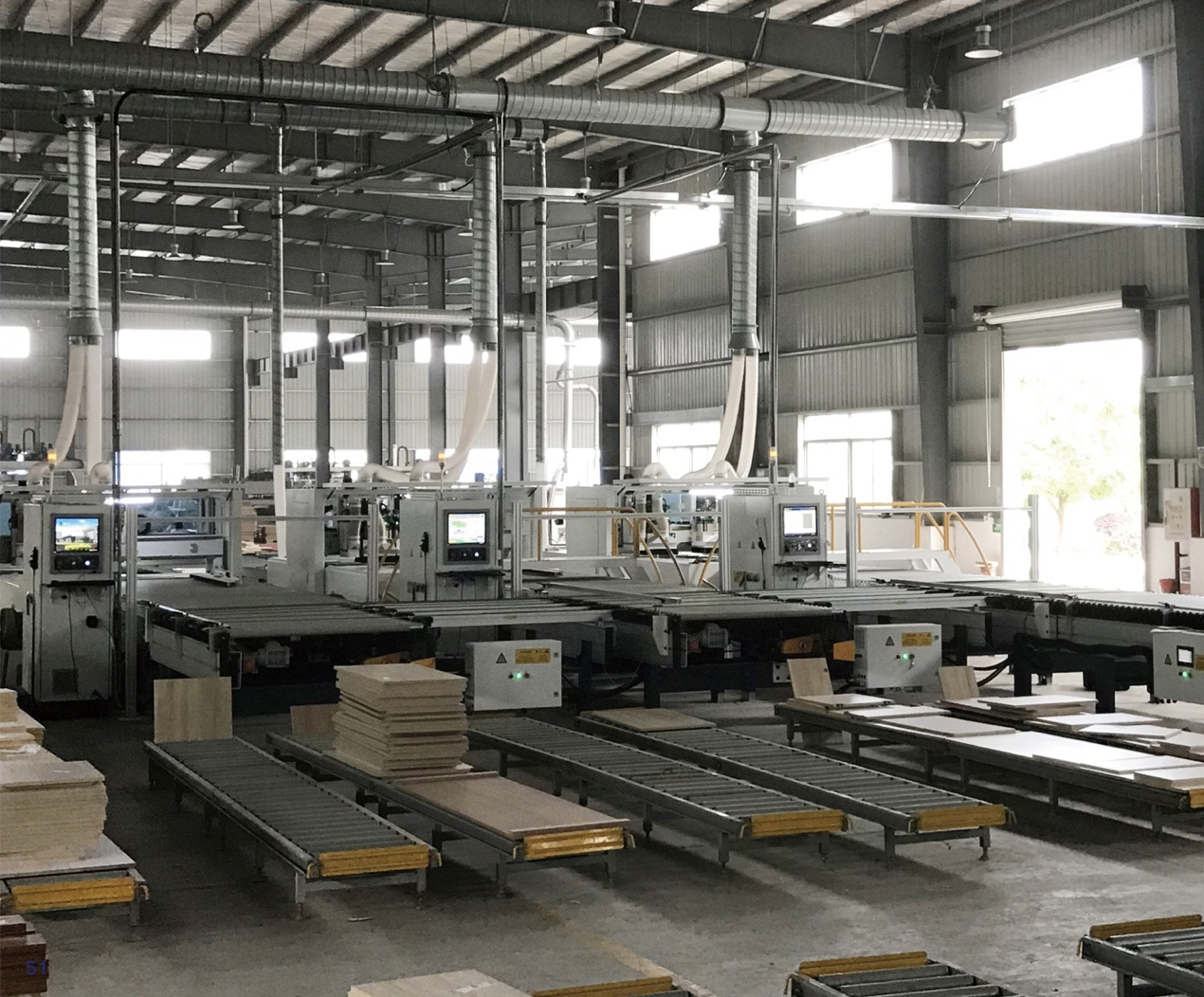In recent years, the woodworking industry has made remarkable technological progress. The introduction of innovative machinery not only increased efficiency, but also increased the precision of the woodworking process. This article highlights new trends that are revolutionizing the woodworking machinery industry, increasing productivity and quality.

1. Automation and Robotics:
Automation has been a game changer in the woodworking industry as manufacturers strive to increase productivity and reduce costs. Integrating robotics into woodworking machinery significantly reduces human involvement in monotonous and time-consuming tasks. Robots equipped with sensors and cameras can perform complex tasks such as carving, cutting, sanding and more.
Automated systems are also able to detect defects, ensure quality control and reduce material waste. By minimizing human error and increasing productivity, woodworking businesses can now efficiently meet rising consumer demand.
2. Computer numerical control (CNC) technology:
Numerical control technology has been widely popularized in the woodworking machinery industry. CNC machines are powered by computer programming that ensures precision and accuracy in the wood cutting, shaping and carving process. They offer the flexibility of design customization, enabling artisans to create intricate patterns with little effort.
With the help of CNC technology, woodworking companies can optimize material utilization, reduce waste and streamline production processes. CNC machines are able to produce consistent and identical results, making them ideal for mass production, custom furniture and even architectural components.
3. Artificial intelligence (AI) assistance:
Artificial intelligence (AI) has made remarkable progress in the woodworking machinery industry. AI algorithms enable machines to learn, adapt and make informed decisions based on data analysis. The technology enables woodworking machines to optimize their performance, making real-time adjustments based on the density, moisture content and other characteristics of the wood being processed.
By incorporating AI assistance, woodworking businesses can achieve greater precision, improve yield and reduce operating costs. AI-driven systems can analyze production data to identify patterns, provide predictive maintenance and optimize machinery settings for maximum efficiency.
4. Internet of Things (IoT) connectivity:
The Internet of Things (IoT) has transformed the woodworking machinery industry by connecting machines, equipment and systems through the Internet. This connectivity enables businesses to monitor and control their machinery remotely, reducing downtime due to maintenance and repairs.
IoT-enabled woodworking machinery can collect and analyze real-time data, enabling manufacturers to make data-driven decisions. Additionally, remote monitoring facilitates preventive maintenance, prolongs the overall life of the machine and minimizes unexpected breakdowns.
5. Augmented reality (AR) integration:
Augmented reality (AR) technology is increasingly being integrated into woodworking machinery to enhance the overall design and production process. By overlaying digital information onto the real world, AR helps woodworkers visualize the final product before actually creating it.
AR enables craftsmen to take precise measurements, evaluate design alternatives, and identify potential flaws. It facilitates collaborative work as different stakeholders can interact with the design virtually and provide timely feedback, reducing errors and rework.
In conclusion:
The woodworking machinery industry has entered a new era, embracing automation, robotics, CNC technology, artificial intelligence assistance, IoT connectivity and AR integration. These technological advancements have truly revolutionized the industry, making woodworking more efficient, accurate and streamlined. As woodworking businesses continue to adopt these new trends, the industry will see unprecedented growth, ensuring high-quality products to meet diverse consumer needs.
Post time: Jul-14-2023


